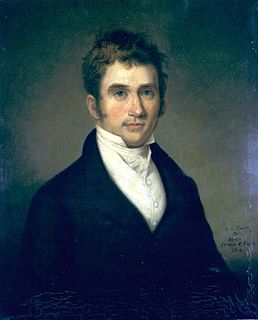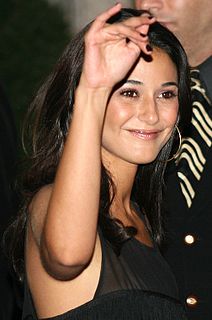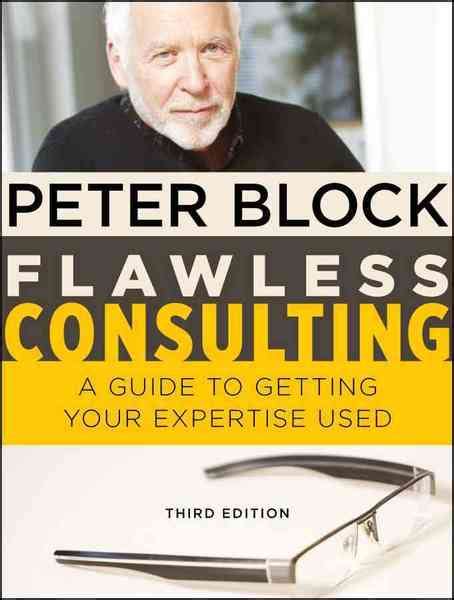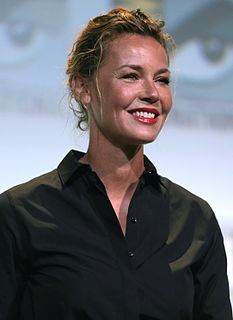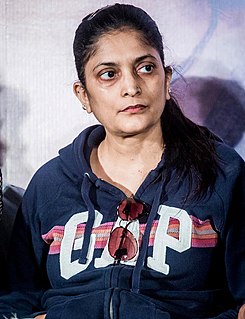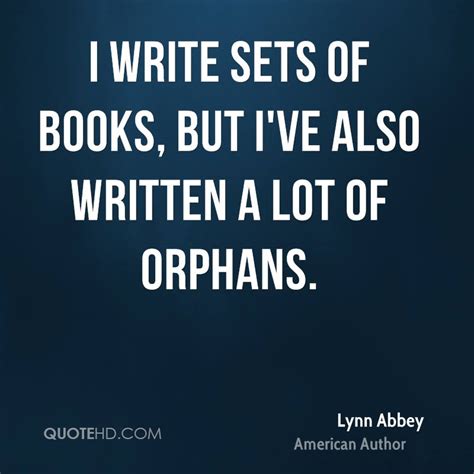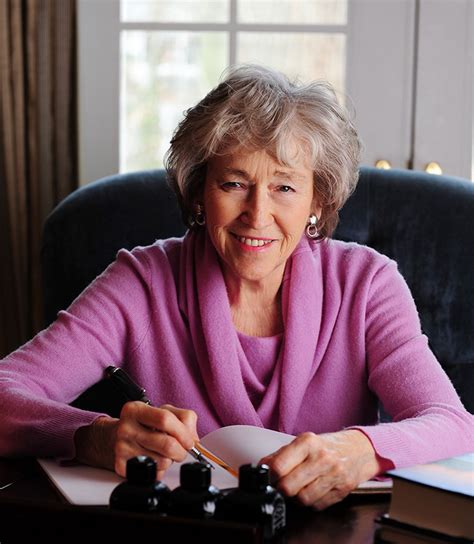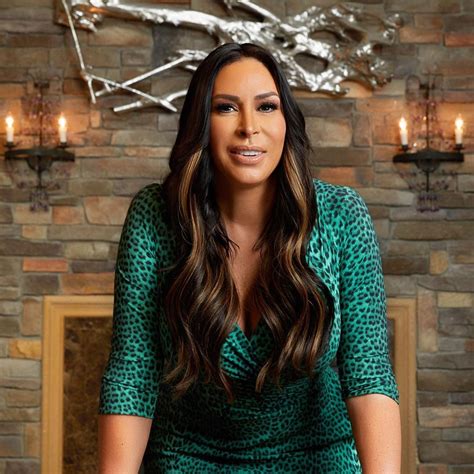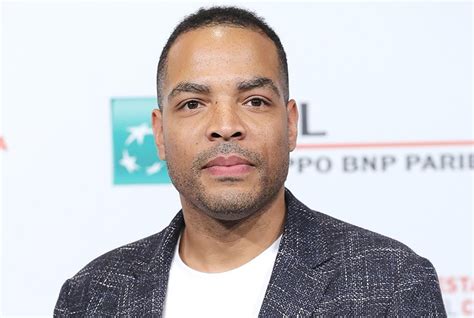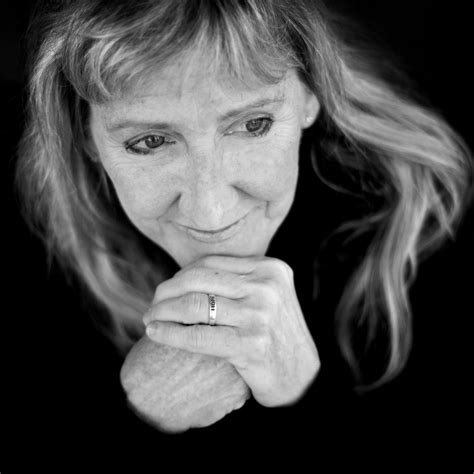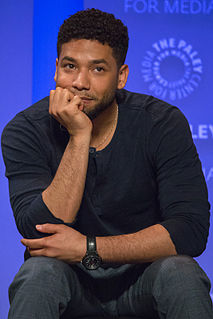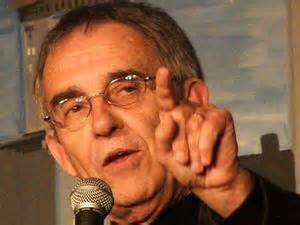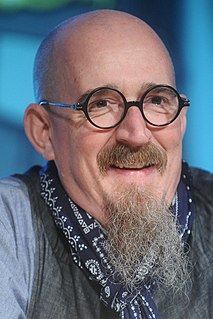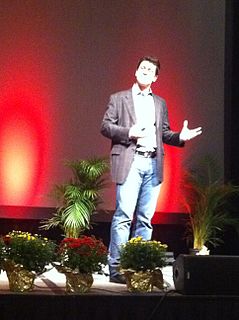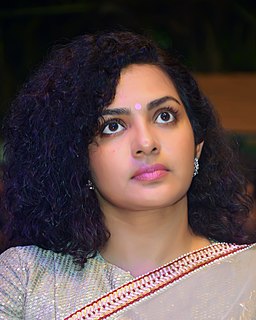Top 1200 Made Up Stories Quotes & Sayings - Page 17
Explore popular Made Up Stories quotes.
Last updated on December 2, 2024.
The gods weave misfortunes for men, so that the generations to come will have something to sing about.” Mallarmé repeats, less beautifully, what Homer said; “tout aboutit en un livre,” everything ends up in a book. The Greeks speak of generations that will sing; Mallarmé speaks of an object, of a thing among things, a book. But the idea is the same; the idea that we are made for art, we are made for memory, we are made for poetry, or perhaps we are made for oblivion. But something remains, and that something is history or poetry, which are not essentially different.
In some ways, I don’t feel as if I had a choice. Looking back at my childhood, even before I could read and write, I was making up stories. I love reading and I love telling stories, and the times in my life when I’ve tried to ignore that part of me, I’ve gone a little crazy. Characters start tugging on my sleeves, words start haunting me, and I feel generally unsatisfied. Really, being a writer sounds more like a mental illness than a professional choice.
Short story writers simply do what human beings have always done. They write stories because they have to; because they cannot rest until they have tried as hard as they can to write the stories. They cannot rest because they are human, and all of us need to speak into the silence of mortality, to interrupt and ever so briefly stop that quiet flow, and with stories try to understand at least some of it.
Through my grandmother's stories always life moved, moved heroically toward an end. Nobody ever cried in my grandmother's stories. They worked, or schemed, or fought. But no crying. When my grandmother died, I didn't cry, either. Something about my grandmother's stories (without her ever having said so) taught me the uselessness of crying about anything."
Hers was a memory made up of snapshorts: being dragged through the snow by a pack of wolves, first kiss tasting of oranges, saying goodbye behind a cracked windshield. A life made up of promises of what could be: the possibilities contained in a stack of college applications, the thrill of sleeping under a strange roof, the future that lay in Sam's smile. It was a life I didn't want to leave behind. It was a life I didn't want to forget I wasn't done with it yet. There was so much more to say.
Writing two stories [in the Thorn and the Blossom] about the same set of events that were complete stories in themselves, but also added up to a larger story. As I was writing them, I kept going back and forth, because something would happen in one story that would have to be reflected in the other story. And yet the same event would also have to be perceived in different ways by Brendan and Evelyn, because they are different people with their own interpretations.
At the beginning of my career, a more senior photographer told me to shoot stories on women and I didn't want to. But I spent two and a half years in India and chose to do stories about women because I was shocked by their treatment. My stories in the Middle East and on the border of Europe and Asia were a response to my time in India. They weren't driven by a feminist idea but when you're moved by women's issues in these countries you can't help becoming a feminist somehow.
The truth about being a writer is you do not choose the stories you tell, but stories choose you. You do not choose, therefore, characters either. Novels are like dreams you dream with your eyes open; they are books which appear in your head with the same apparent immediateness as they appear in your dreams at night. A writer always writes their obsessions and the truth is that all throughout life we end up writing the same thing in different ways.
I think many times news organizations, whether it's for lack of resources or something else, cover the headlines and don't follow up, even though the story continues for the people living there - they can't leave. I think it's critical that they do these follow-up stories to realize that there is still suffering, and the need is dire.
I used to sneak up to the 8th floor and watch Eddie Murphy and Joe Piscopo rehearsing 'Saturday Night Live' and could only wonder if I would ever have the chance to be funny. It took me five years to go up the two stories, but it is such a sense of fulfillment to be able to show what I can do on national television.


